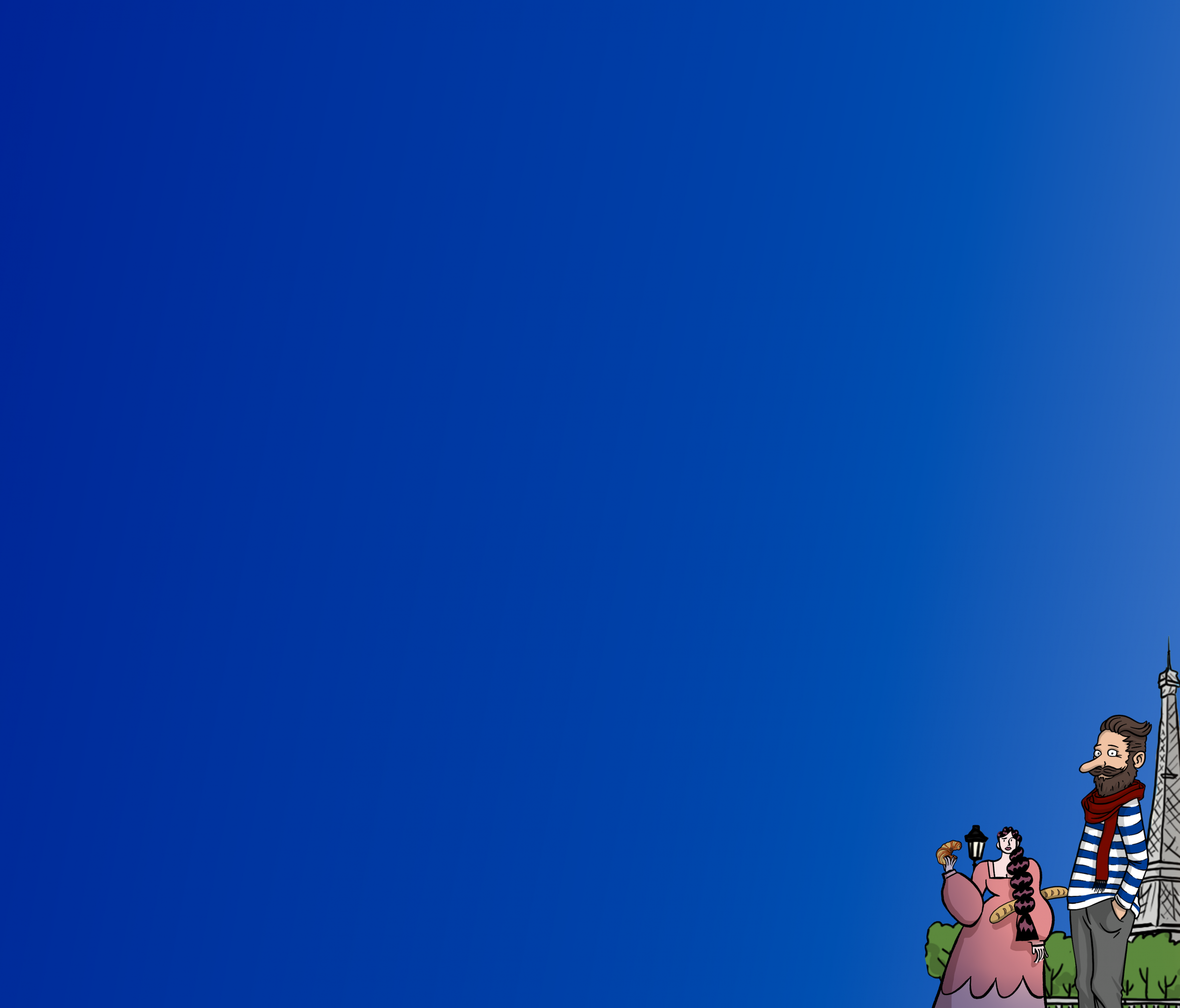The partitive article de
Reminder: When referring to an undefined quantity, we use the partitive articles du, de la, de l' and des les partitifs + noun. There is no direct equivalent in English, so they are often translated as “some” or “any”, or simply omitted altogether.
I eat bread and jam.
Du, de la, des become de, and de l' becomes d':
- When the sentence is in the negative form:
I want (some) tea. → I don't want (any) tea.
Caroline eats pie. → Caroline doesn't eat pie.
Roger drinks water. → Roger doesn't drink (any) water.
- When referring to a defined quantity. Examples: un kilo (a kilo), une tasse (a cup), un verre (a glass), un peu (a little), beaucoup (a lot), trop (too much), etc.:
I would like some sugar. → I'd like a kilo of sugar.
You eat pasta. → You eat a lot of pasta.
You are having some water. → You are having a glass of water.
Still having trouble with 'The partitive article de'? Master the rules of French grammar and improve your French level thanks to our online French lessons Frantastique. We're offering a 7-day free trial, so what are you waiting for?
What our users say:
Looking to improve French for beginners? Frantastique provides effective and fun training!
Tips for learning 'The partitive article de'? Share them with us!

